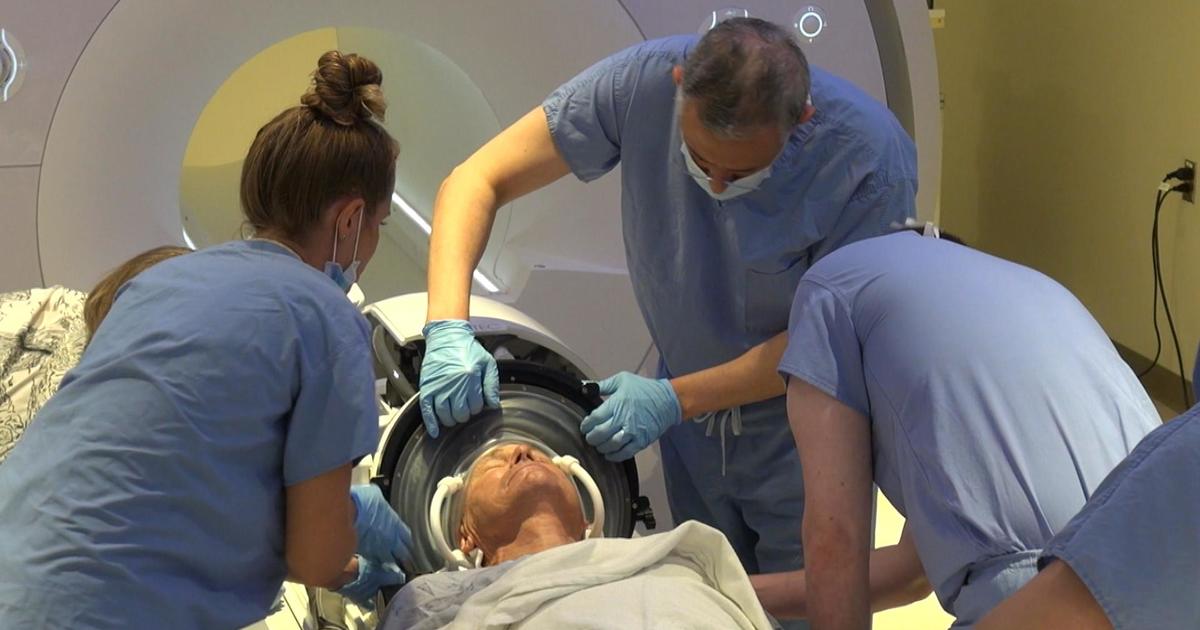Your sleep schedule may be upsetting your stomach. Here's how — and what to do about it.
Researchers are learning more about how our gut health affects so many parts of our body and its processes — even our sleep.
And it's not just a tummy ache that can keep you up at night — experts say your sleep schedule and gut microbiome have a relationship on a more cellular level that we're gaining a better understanding of.
"There's extremely solid evidence now that the gut microbiome... influences all types of brain processes. Sleep, of course, is of the brain, by the brain and for the brain," explains Dr. Allison Brager, neurobiologist and author of "Meathead: Unraveling the Athletic Brain." "The distribution of good healthy gut bacteria impacts the health of neurons, the speed at which neurons transmit signals, the ability of neurons to regrow and regenerate, especially after mild exposure to stress."
Serotonin, which regulates mood, emotions and sleep, also plays a role and is highly present in the gut.
"Serotonin does regulate wakefulness and the quality of sleep at night," Brager says. "The two places where you see the greatest prevalence of serotonin is in the gut, and then also in the brain. And actually, there's far more serotonin in the gut than there is in the brain."
The relationship appears to go both ways too, with both the gut impacting sleep and sleep impacting the gut.
For example, a study published in The European Journal of Nutrition last month found irregular sleep patterns are associated with harmful bacteria in your gut.
"We know that major disruptions in sleep, such as shift work, can have a profound impact on your health. This is the first study to show that even small differences in sleep timings across the week seems to be linked to differences in gut bacterial species," senior author Dr. Wendy Hall from King's College London said in a news release.
While more research is needed to determine if improving sleep time consistency can lead to beneficial changes in the gut microbiome, researchers found even a 90-minute difference in sleep timing can result in changes to the microbiome's composition.
The best way forward? Nurturing both your gut health and sleep hygiene, experts say.
On the gut health side, focus on eating more fruits, vegetables and whole grains and cutting back on processed carbs like sugary drinks and processed red meats.
"Whole plant foods are incredibly important for gut health because they provide fiber for our gut microbes, and fiber is the most important nutrient for those gut microbes," Dr. Shilpa Ravella, a transplant gastroenterologist and assistant professor of medicine at Columbia University, previously told CBS News.
As for sleep hygiene, experts advise sticking to a regular bedtime and wakeup time; sleeping in a cool, dark, quiet environment; and avoiding activities like working in bed.
for more features.



